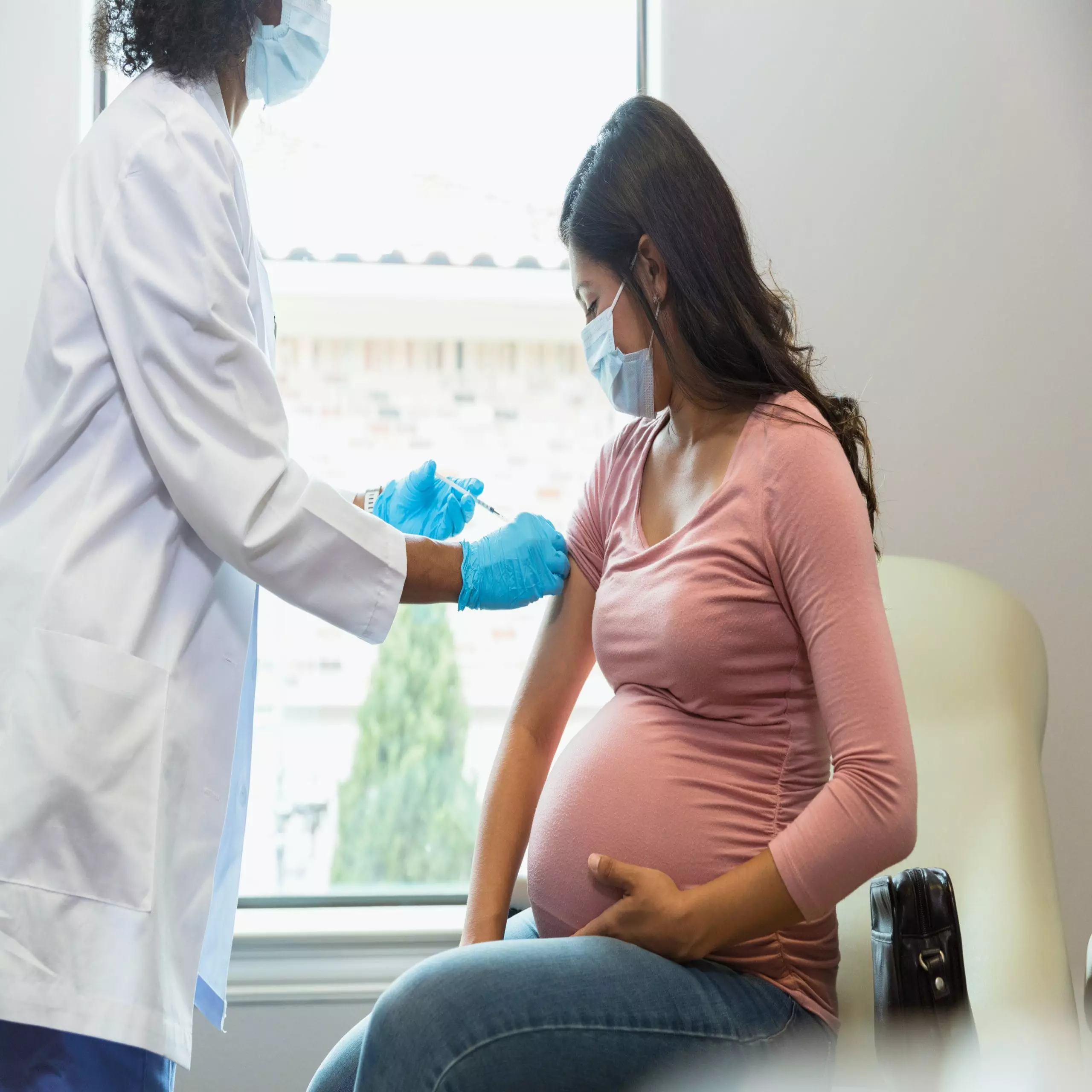The emergence of COVID-19 has fundamentally transformed our understanding of public health, particularly in vulnerable populations such as pregnant individuals. With vaccines now available for children six months and older, the crucial need to safeguard this demographic against contagion has never been clearer. The COVID-19 vaccines are easily accessible and free for anyone in the United States, making them a critical first step towards returning to a routine that many families are eager to reclaim.
However, the urgency is even more pronounced for pregnant women. Given the unique physiological changes that occur during pregnancy, this population faces heightened risks from COVID-19. Research underscores the significance of vaccination for expectant mothers, not only for their health but also for the protection it affords their developing babies.
COVID-19 poses substantial risks, especially to pregnant individuals, who are classified as high-risk for severe disease. The current landscape provides no vaccine options for infants under six months, making maternal vaccination an urgent matter. The Centers for Disease Control and Prevention (CDC) and the American College of Obstetricians and Gynecologists (ACOG) advocate for immediate vaccination among pregnant individuals, stressing that this action can significantly curb the likelihood of severe illness for both mother and child.
Despite the consensus on the importance of vaccination, data indicates that only about 67% of pregnant individuals in the United States have opted for the vaccine. This statistic reflects not only a gap in health literacy but also potential hesitancy related to concerns about safety and the efficacy of mRNA vaccines during pregnancy.
Recent studies illuminate the critical relationship between maternal vaccination and antibody transfer during pregnancy. A notable study published in The Journal of the American Medical Association (JAMA) revealed that infants born to vaccinated mothers had significantly higher antibody levels compared to those born to unvaccinated mothers who had contracted COVID-19. This research utilized data from women who received two doses of an mRNA vaccine between the 20th and 32nd week of pregnancy, highlighting the efficient transplacental transfer of antibodies during this window.
At delivery, cord blood from vaccinated mothers exhibited elevated antibody levels. Ninety-eight percent of infants born to these mothers had detectable IgG antibody levels at two months, with 57% maintaining these levels at six months. In stark contrast, only 8% of infants from unvaccinated, infected mothers showed detectable IgG levels at the same age.
Additionally, a CDC study revealed that infants born to vaccinated mothers were 61% less likely to need hospitalization due to COVID-19. These findings solidify the premise that maternal vaccination not only shields the mother but also enhances the infant’s immune defense early in life.
The timing of vaccination during pregnancy plays a crucial role in the efficacy of antibody transfer. Research from the Obstetrics and Gynecology journal indicated that expectant mothers who received their vaccine during the early third trimester demonstrated superior antibody levels in both maternal blood and umbilical cord blood. This suggests that if booster shots are available, administration between weeks 20 to 32 of gestation maximizes antibody transfer to the infant.
Furthermore, those who have previously recovered from COVID-19 and subsequently get vaccinated are at an advantage. Their combined immunity tends to yield higher antibody levels than those who’ve only been vaccinated without prior infection. This reinforces the notion that prior infection may confer additional benefits when paired with vaccination.
The clear consensus among health experts is that full vaccination—including booster shots—before childbirth is paramount. Not only does it fortify maternal health, but it also establishes a solid first line of defense for newborns against COVID-19. Given the current absence of vaccines for infants below six months, the onus falls on pregnant individuals to actively pursue vaccination to bolster both their health and that of their babies.
Pregnant women deserve clear communication and support regarding vaccination against COVID-19. As the pandemic continues to evolve, the need for proactive health measures remains imperative. Vaccination during pregnancy is not merely a personal choice; it is an essential public health strategy aimed at protecting the most vulnerable among us. Mothers should feel empowered to seek out vaccines and boosters within the recommended timeframes, ensuring their infants receive optimal protection from this pervasive threat.

